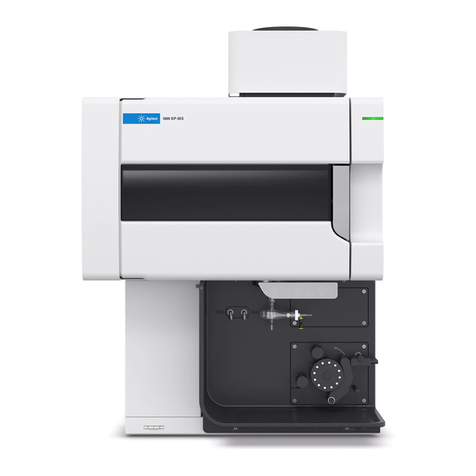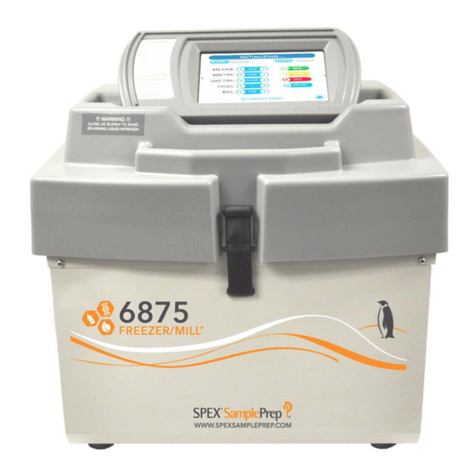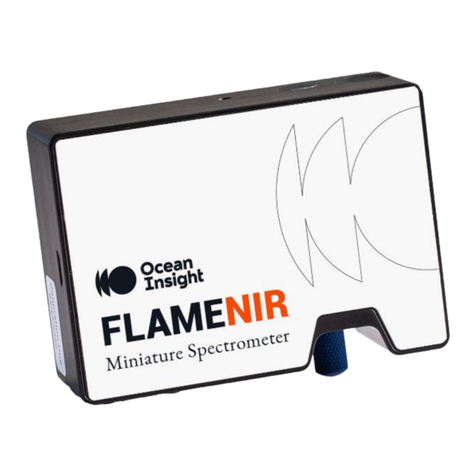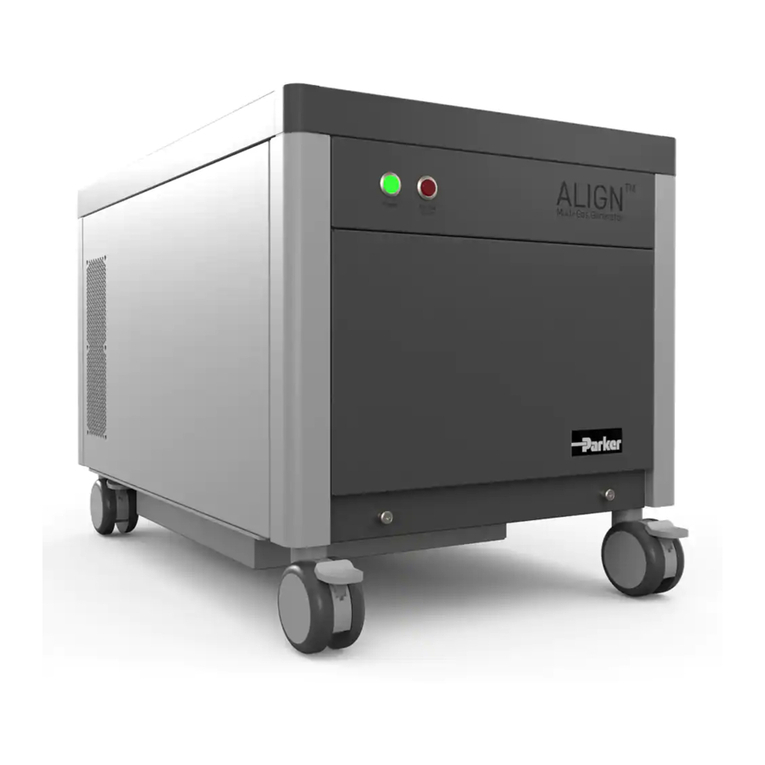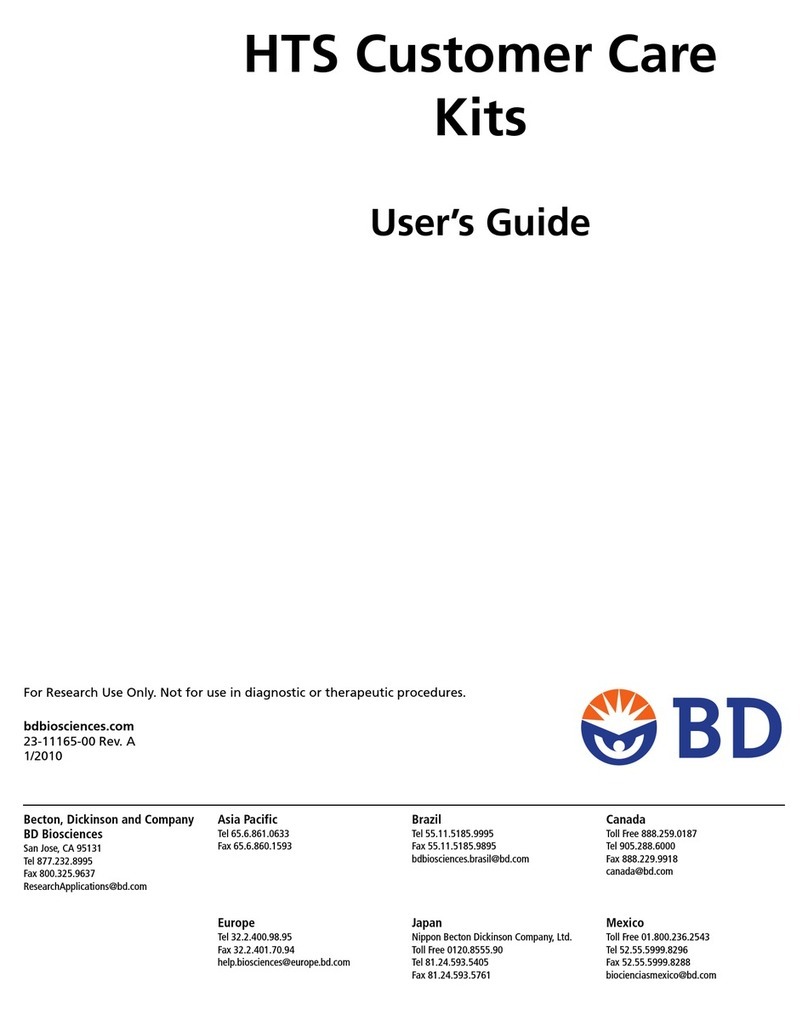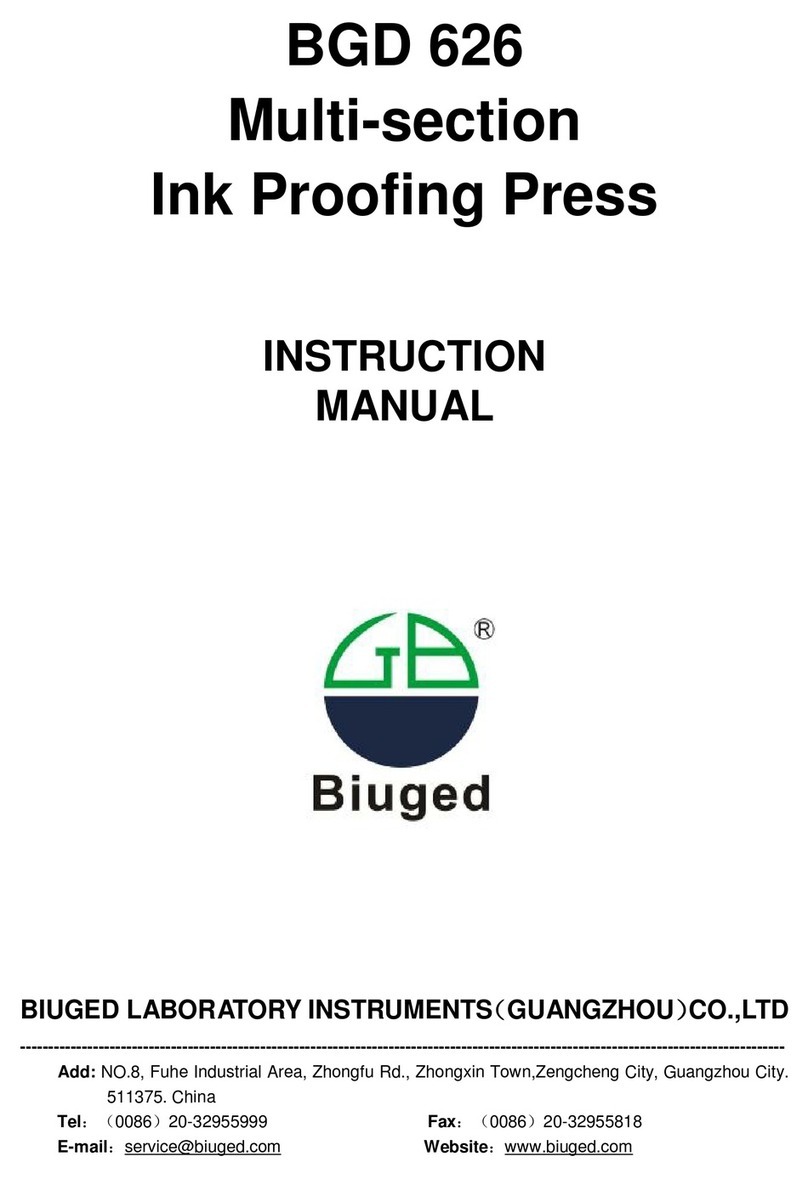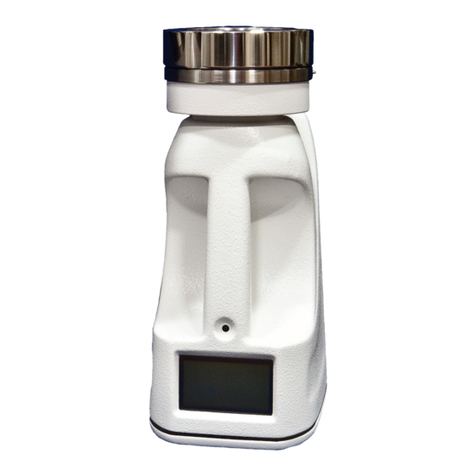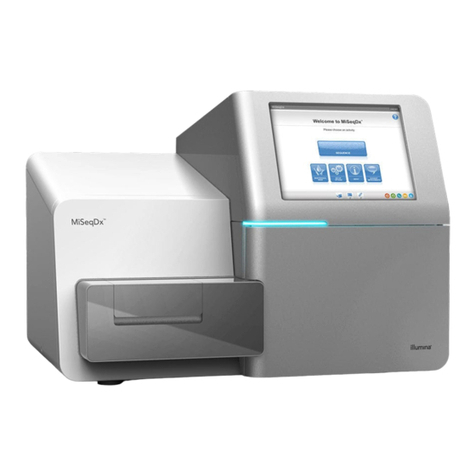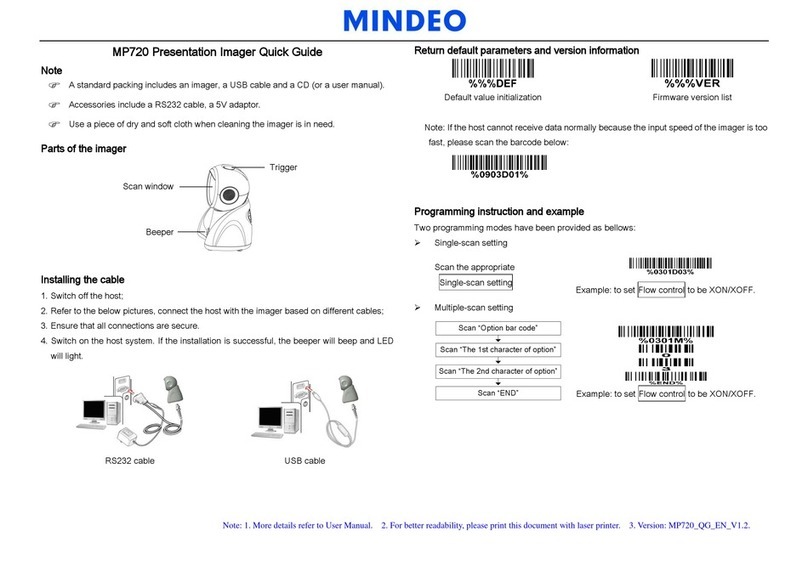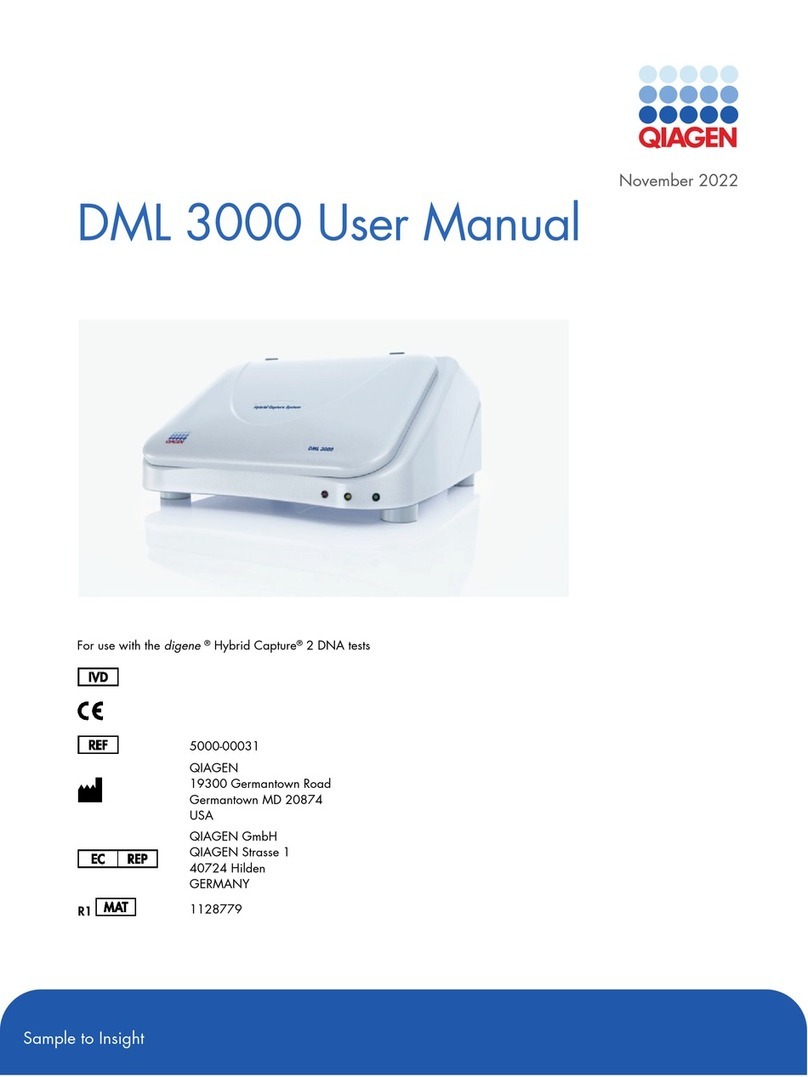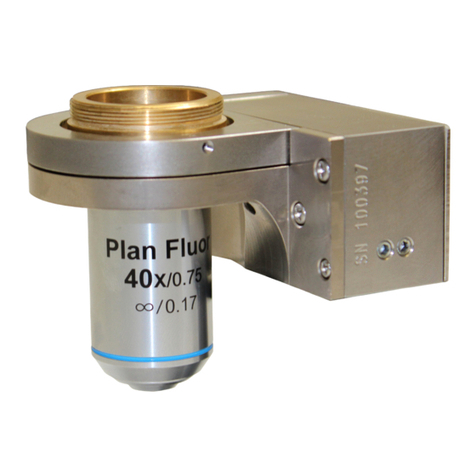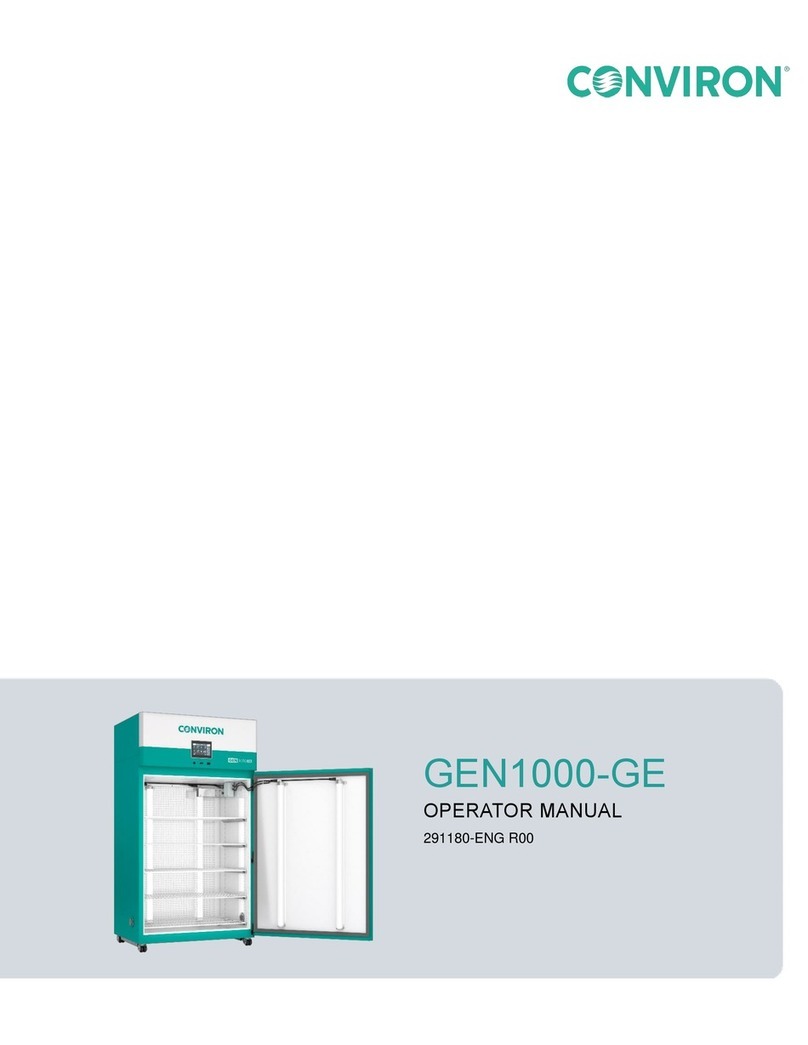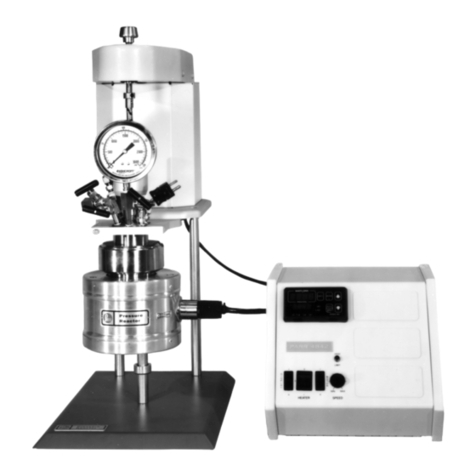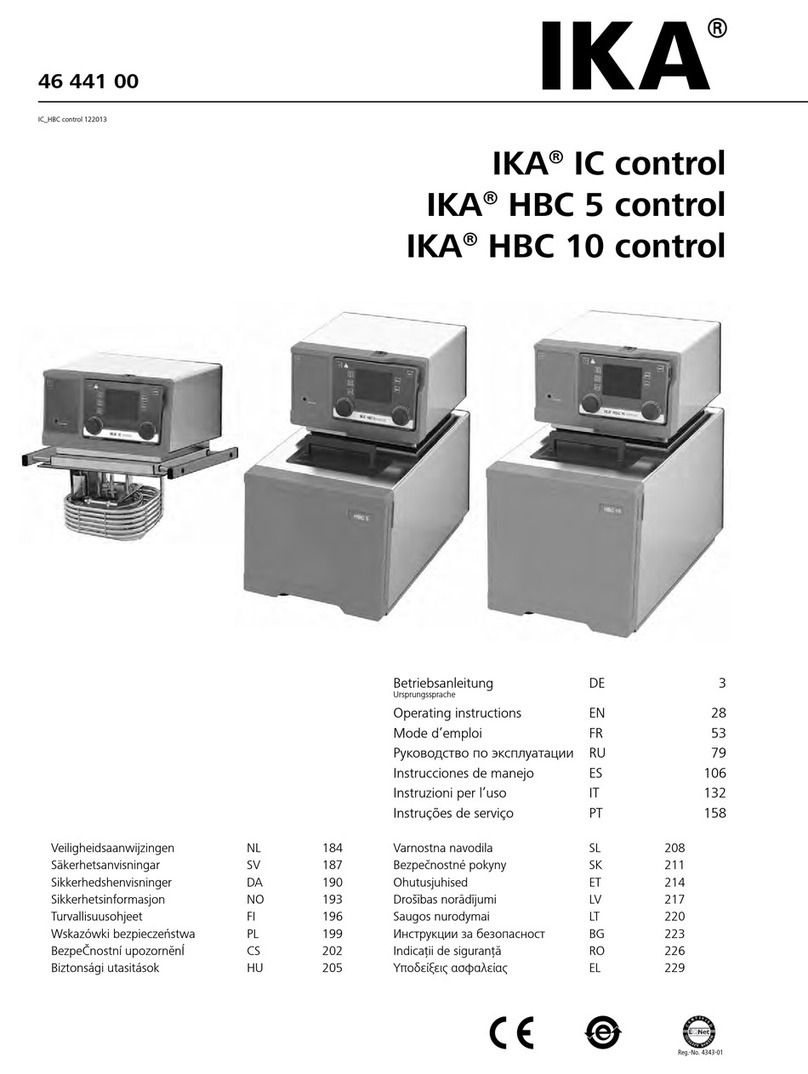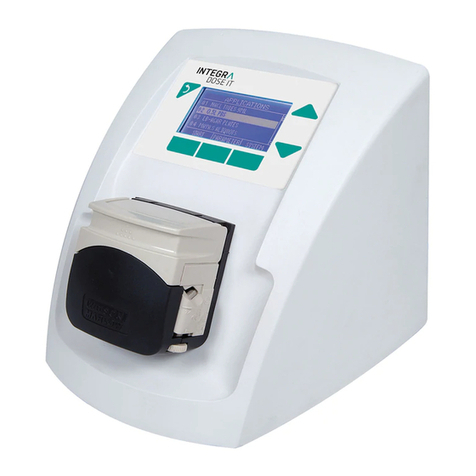
6
II. COLLABORATIVE MSW PROGRAM OVERVIEW
Program History
Formal planning for the Collaborative MSW Program was initiated in the fall, 1999 through a
series of joint meetings between the UW Green Bay and Oshkosh Social Work Faculty and their
administrators. These meetings culminated with the submission of an application one year later
to the University of Wisconsin System for joint entitlement to plan a collaborative graduate
program. The UW System granted initial approval to begin planning in Spring, 2001.
The two social work faculties from Green Bay and Oshkosh then met regularly together with
their advisory group members to plan how the new program was to be implemented, including
structural arrangement and curricular options to be derived from formal needs assessment. In
August 2001, at a large invitational gathering of administrators, community agency
representatives and faculty members, there was unanimous agreement to formally request
authorization from the UW System to implement a graduate MSW program and to apply for
Council on Social Work Education (CSWE) accreditation.
The preparation process was parallel because documents required by the UW System and by
CSWE were remarkably similar. The UW System authorization request was approved by the
UW Board of Regents on October 11, 2002. The application for candidacy was approved by the
CSWE Commission on Accreditation in July, 2003. The Program has had three successive
accreditation visits and in 2006 received initial accreditation through June 2010.
Program implementation was initiated in fall, 2003 with the enrollment of the first cohort of
students. The faculties are proud of the efforts to add a graduate social work degree program in
this region—an event anticipated for several decades has become a reality. Note that this
graduate program is independent of the respective BSW programs uniquely operated by each
University and possessing their own field education policies and practices.
Program Mission
As a result of extensive faculty planning, market research studies, and feedback from consultant
outside reviewers, the Program’s mission was developed. This mission statement embodies six
major program themes, which permeate content in the advanced concentrations in (1) advanced
direct practice and (2) administration and management. This mission reflects the unique needs
of social work practitioners and clients in the region, the broad mission of the social work
profession, and the academic standards for graduate education established by CSWE.
Development of the program’s mission was also strongly influenced by the UW System Cluster
Core Mission with respect to inter-institutional collaboration as an effective means for sharing of
resources and educational outreach. It was further influenced by CSWE support for
collaborative education.1
CSWE (1999) ―Myths and Opportunities, The Impact of Discipline-Specific Accreditation on Inter-professional
Education (46-52).
